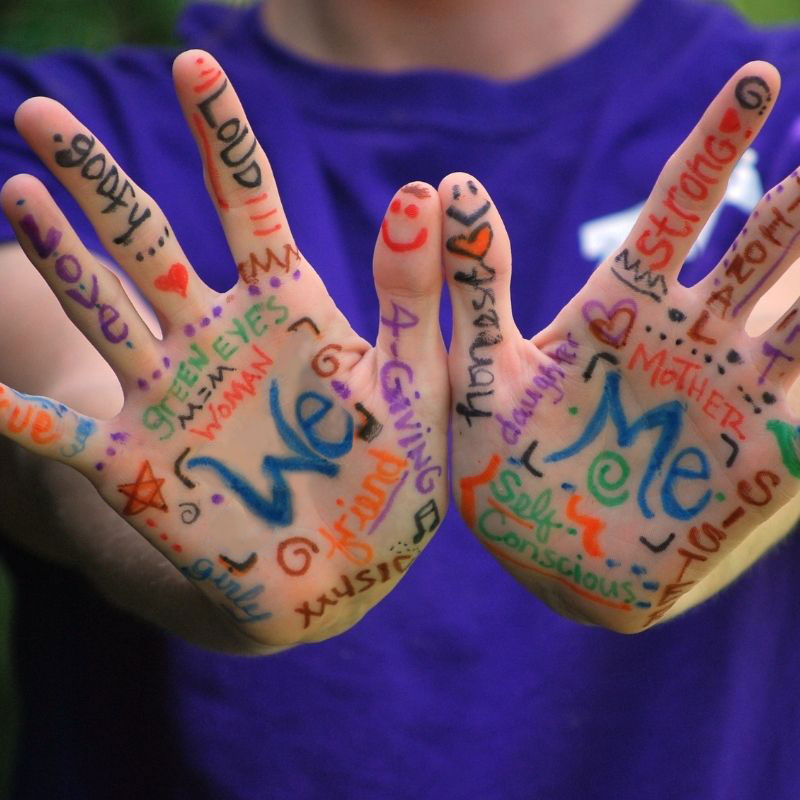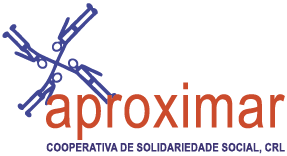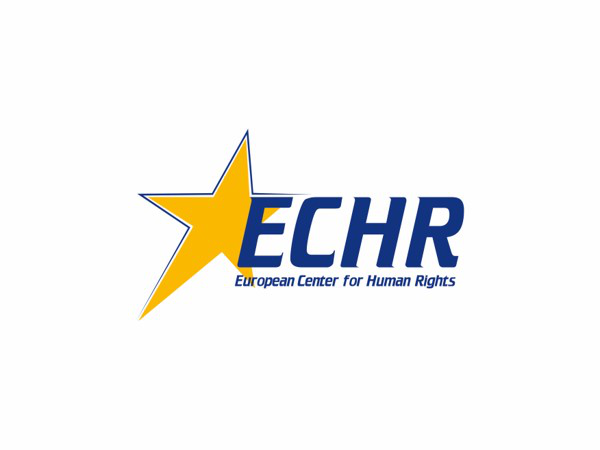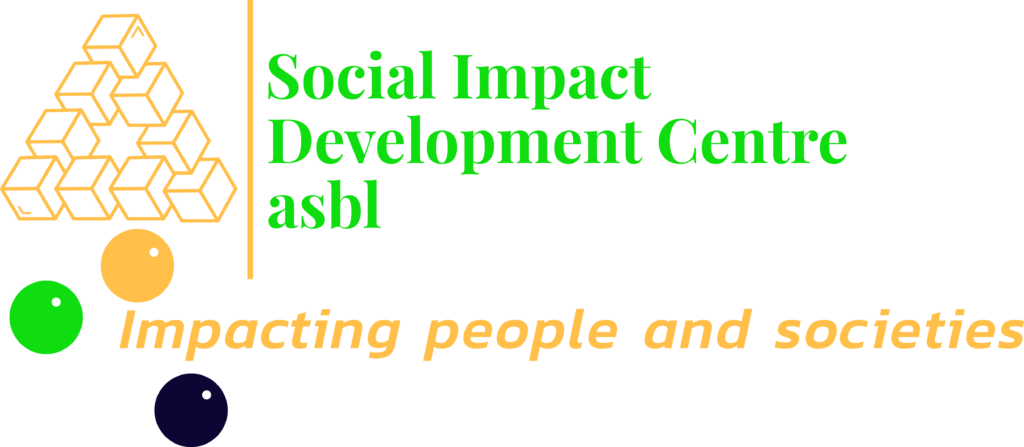
MUFOCOM Project
HUMAN
Develop innovative approaches and tools for adults learning
SOCIAL
Built on the basis of political and social realities of each partner country
EUROPE
Taking into account the priorities of the European Union in terms of integration and training of migrants.
As statistics on immigration at the European level reveal men, women and children cross seas, walk long distances and sometimes live in disastrous conditions before arriving in a country that will welcome them. European countries become a “second home” to an increasingly number of immigrants and refugees with a very diverse linguistic, cultural, educational and professional backgrounds.
While this diversity enriches the linguistic and cultural diversity of Europe, it also challenges political decision-makers on the adequate means to assume henceforth their responsibilities, that is to say work to the overall development and well-being of the people they have accepted to welcome to their territory.
Objectives
1. Diversify and innovate
Co-constructing innovative training modules tailored on the needs of migrants and which should contribute to the improvement of their language, scientific and digital, intercultural and environmental, social and civic, socio-professional skills with the aim of improve their personal development, their active participation in society and their employability in the European labor market; allowing concrete implementat ion of training contents in the field through experimentation in the five countries and make the contents available to social and professional actors to diversify their practices
2. Preserve generational skills
Partners of this project believe that non-formal education is essential for adult learners because their learning outside the classroom will be complementary to what they have learned in the formal setting, first because of their mental development and second because of their need for social interactions. In order to achieve this, we will list key professional skills of seniors and academic skills of University students in relation to the future plans of our target groups and constitute small groups accordingly
3. Empower learners
This will be done through the promotion of the existing E-learning tools, including those developed previous in Erasmus+ projects. In addition, storytelling will be used as a learning tools for encouraging and motivating migrants to discover their potential and abilities
4. Upskilling migrants’ educators
Designing and training educators in subjects that will facilitate their activities with migrants and give them necessary tools that enable their future engagement in adults education project across Europe.
Outputs
1. Transnational analysis of integration policies
Professional training and good practices for migrants’ insertion in the labor market

2. Formal and non-formal education
Multiple approaches for fostering the linguistics skills of adult migrants
3. Which jobs for migrants?
Towards a vocational guidance in relationship with migrants’ needs and the needs of labor market

4. Mentoring
To improve learning abilities valuing different pathways

5. Storytelling
For empowering and motivating adult migrants: success stories

OUTPUT1 – Transnational analysis of integration policies, professional training and good practices for migrants’ insertion in the labor market
We will research background information throughout semi-structured interviews with training providers, trainers, companies, migrants and policy makers.
We will realize a SWOT analysis of the overall situation to compare all the results from different countries. And look at the similarities and disparities, to see what can be reinforced in a particular country to make the lives migrants better.
OUTPUT2 – Formal and non-formal education: multiple approaches for fostering the linguistics skills of adult migrants
We’ll realize an analysis of the linguistics needs of migrants and the barriers hindering the mastery of the target language to construct a linguistic training module through an innovative language teaching/learning methods. It will be also realized by looking at the existing E- language learning tools and their promotion.
The teaching and learning methods promoted will be tested in focus group held evaluate the impact of the teachings on participants.
OUTPUT 3 – Which jobs for migrants?: towards a vocational guidance in relationship with migrants’ needs and the needs of labor market
There is a need to re-think about the professional guidance of migrants in most of the European countries because very often, they invest themselves in professional training and are unable to easily find a job later on in their field because it is very competitive, priority being to EU citizens. The main questions to answer at this stage would be:
- Should we guide migrants according to their immediate needs or according to the higher expectations of the labor market?
- What measure can be taken to assure the re-orient migrants at a certain phase of their integration process?
- How to maximize their training in terms of time and outcomes?
Answers to these questions will allow partners to construct training modules around five major competences:
- Language: set of skills which enable migrants to speak and write in the language of the host country and to interact appropriately in social and professional life.
- Scientific and digital: the mastery of basic mathematical and digital skills is essential for active participation in society throughout life. It allows people to understand and develop their ability to act in their environment, to develop independently in daily life and to secure their professional career.
- Intercultural: set of skills required to interact positively with people from different cultures
- Social and civic: they refer to the ability of a person to mobilize a set of resources enabling them to participate actively in social life.
- Socio-professional: they reflect the ability of a person to enter the labor market and to remain there, while respecting the skills already acquired in the host country, the motivations and interests of the person.
OUTPUT 4 – Mentoring to improve learning abilities: valuing different pathways
The vulnerable nature of migrants and especially refugees implies that complementary approaches must be integrated in their educational or training life in order to facilitate the achievement of their life plans in the host society. Mentoring methodology fills the gap left by conventional training approaches in the sense that it gives birth to a close interpersonal relationships between the mentors and the mentees which in return brings openness, trust, reliability, sense of responsibility and usefulness, rapid mastery of concepts and techniques related to a profession, and hope to the mentees. In this output we’ll develop a document containing the training process, the goal and the competencies acquired by the participants. After, we will:
- Select of 50 mentors- 10 mentors per country: these are elders(50+) and University students. Their role is to help migrant develop their skills in their domains of interest.
- Select mentees per country: male and female adults migrants living in one of the partner countries, who have undergone or aspire do a professional training, who are at the early stage of their career or who are seeking a job.
- Match mentors and mentees
- Analyse the follow-up of the mentoring activities through meetings with mentors
- Research on good practices on mentoring
OUTPUT 5 – Storytelling for empowering and motivating adult migrants: success stories
This intellectual production in the form of video and text is a product of real-life story of people in the five participating countries who have through their activities created and impact in their society. We will:
- Select 5 participants per country
- Realize semi-structured interviews, recording, data transcription and data analysis
- Realize storytelling activities during which directly share stories with migrants. T
- Record video of 3 success stories per country
- Write testimonials of 2 success stories per country
Partnership







